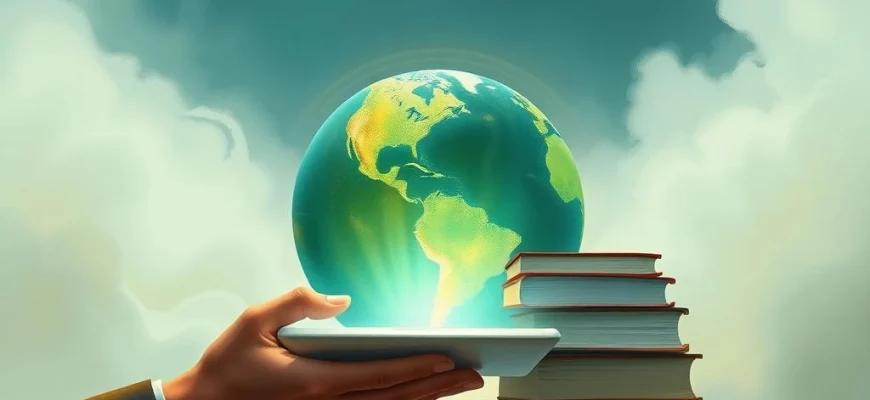If you were captivated by the thought-provoking documentary 'Free Lunch Society' (2017), which explores the concept of universal basic income and economic equality, you'll love these 10 similar films and shows. This article curates a list of compelling titles that delve into socio-economic issues, alternative economic models, and visionary ideas for a fairer future. Whether you're a policy enthusiast, a documentary lover, or simply curious about reshaping society, these recommendations will expand your perspective and spark meaningful conversations.
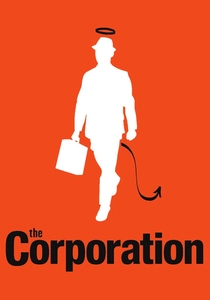
The Corporation (2003)
Description: A critical examination of the modern corporation, likening its behavior to that of a psychopath, which ties into broader critiques of corporate power and its societal impact.
Fact: The film won 26 awards, including the Sundance Film Festival Audience Award, for its provocative analysis of corporate dominance.
 Watch Now
Watch Now 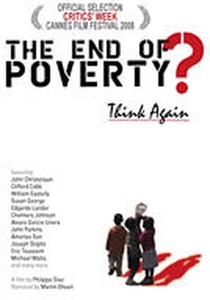
The End of Poverty? (2008)
Description: Questions why poverty persists despite global wealth, linking it to historical and systemic exploitation, much like analyses of economic systems that perpetuate inequality.
Fact: The documentary features insights from economists and activists, arguing that poverty is a man-made condition rather than an inevitable one.
 Watch Now
Watch Now 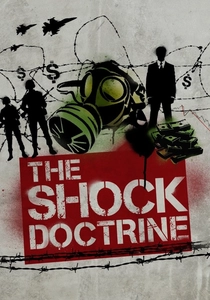
The Shock Doctrine (2009)
Description: Based on Naomi Klein's book, it explores how crises are exploited to push through controversial economic policies, resonating with critiques of neoliberal capitalism and its social consequences.
Fact: The film uses archival footage and interviews to illustrate how 'disaster capitalism' has shaped global economies.
 Watch Now
Watch Now 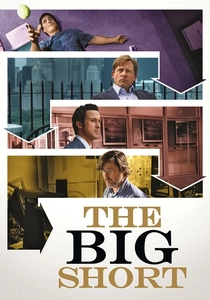
The Big Short (2015)
Description: A dramatized account of the 2008 financial crisis, exposing the greed and systemic flaws in the financial industry, aligning with critiques of economic systems that favor the wealthy.
Fact: The film uses celebrity cameos and humor to explain complex financial instruments like mortgage-backed securities and credit default swaps.
 Watch Now
Watch Now 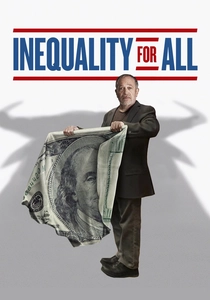
Inequality for All (2013)
Description: Examines the growing wealth gap in modern economies, presenting data-driven arguments about the consequences of economic disparity, aligning with themes of social justice and economic reform.
Fact: Features Robert Reich, former U.S. Secretary of Labor, who uses humor and clear explanations to break down complex economic concepts.
 Watch Now
Watch Now 
The Take (2016)
Description: Explores economic inequality and corporate power, focusing on how workers reclaim control over their workplaces, similar in its critique of capitalism and advocacy for systemic change.
Fact: The documentary highlights the Argentine worker-recuperated business movement, showcasing real-life examples of workers taking over bankrupt factories.
 Watch Now
Watch Now 
The True Cost (2015)
Description: Investigates the human and environmental costs of fast fashion, highlighting systemic exploitation and consumerism, much like critiques of economic systems that prioritize profit over people.
Fact: The documentary features interviews with workers in developing countries, revealing the harsh realities behind cheap clothing production.
 Watch Now
Watch Now 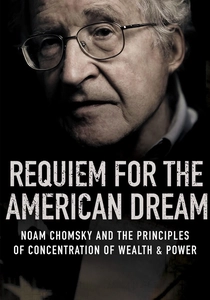
Requiem for the American Dream (2015)
Description: Presents Noam Chomsky's analysis of wealth concentration and the decline of democratic institutions, echoing themes of economic injustice and the need for systemic overhaul.
Fact: Chomsky outlines ten principles of concentration of wealth and power, offering a stark critique of modern capitalism.
 Watch Now
Watch Now 
Where to Invade Next (2015)
Description: Michael Moore explores policies in other countries that address social and economic issues more effectively, aligning with the idea of learning from alternative systems to improve societal well-being.
Fact: Moore humorously 'invades' countries like Finland and Portugal to 'steal' their best ideas, such as free education and decriminalized drugs.
 Watch Now
Watch Now 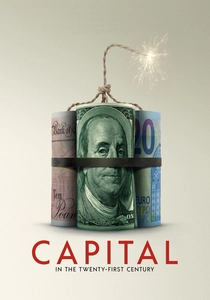
Capital in the Twenty-First Century (2019)
Description: Based on Thomas Piketty's bestselling book, it delves into the dynamics of wealth and income inequality over centuries, resonating with critiques of unchecked capitalism.
Fact: The film combines historical analysis with contemporary interviews to illustrate how wealth concentration perpetuates inequality.
 Watch Now
Watch Now 
